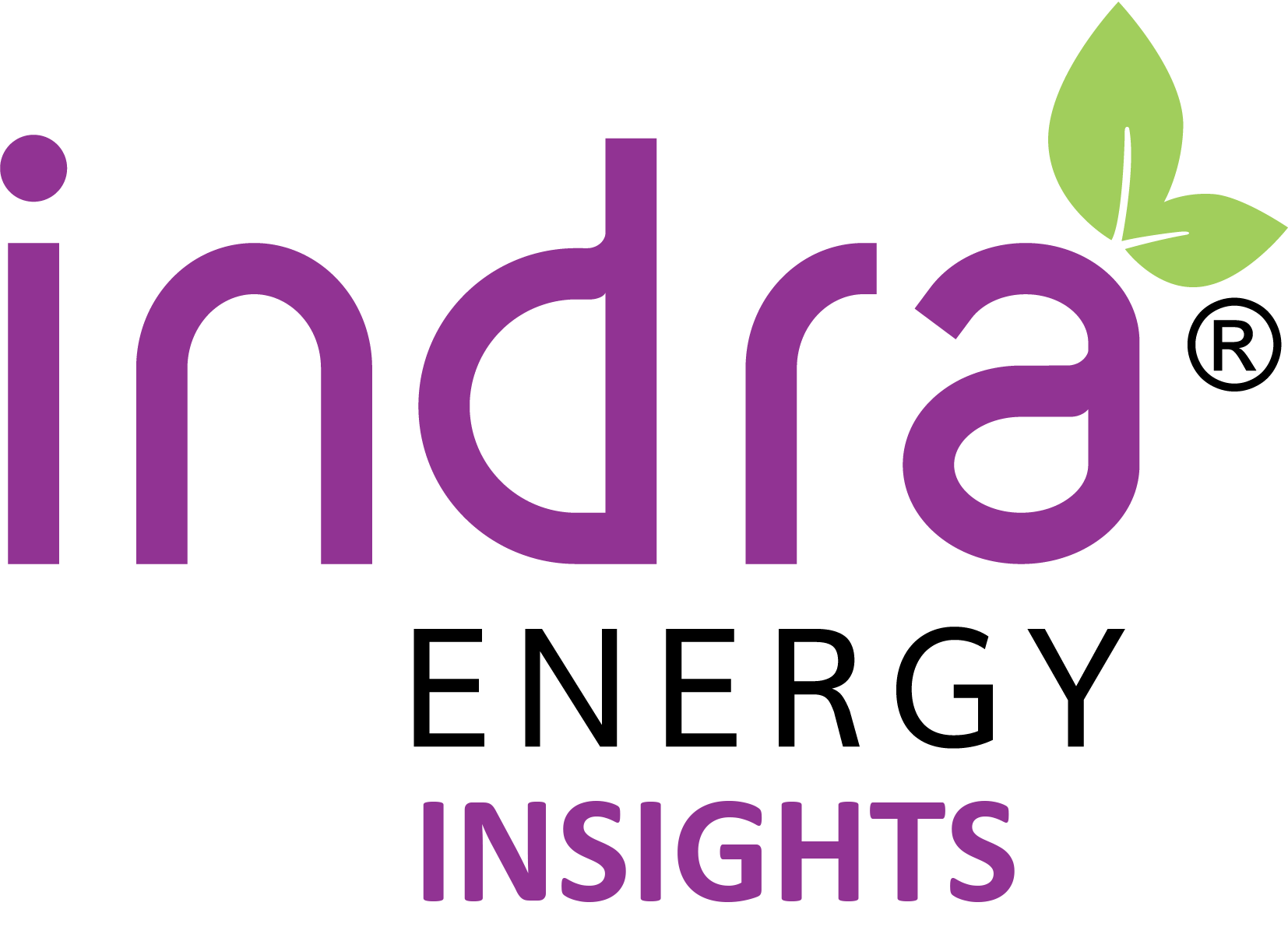When it comes to shopping for alternative energy, we’re already living in the future. Gone are the days when homeowners depended on traditional power grids and undesirable power sources. Nowadays, they have the freedom to choose a variety of power sources. Alternative home energy options are dramatically shaking things up, but many people don’t understand how valuable and wide-ranging they can be. Let’s take a closer look at what you need to know.
What is Alternative Energy? Types of Alternative Energy Sources
To grasp the concept of alternative energy, it’s vital to understand what it’s an alternative to. For hundreds of years, the world has relied on hard-to-find, limited sources of fossil fuels. Coal, oil, and natural gas are often known as the “big three.”
But each fossil fuel comes with a host of problems, ranging from supply instability to environmental and health damage. As we seek to create power in more sustainable ways, alternative energy is turning to other sources.
Types of Alternative Energy for Homes
One of the most exciting aspects of home alternative energy is its sheer diversity in generation methods, each with unique advantages and specific areas of optimal use.
Solar Energy
Solar is a popular and widely used alternative home energy source. It harnesses the sun’s rays through solar panels, converting energy into usable electricity. This green energy solution is becoming increasingly common due to its effectiveness and low environmental impact. It’s found not only in large utility-sized “solar farms” but also in smaller home systems mounted on roofs.
Wind Energy
Wind is another source of alternative energy that’s been used for thousands of years, from the earliest mechanical windmills to today’s highly efficient turbines. They’re best suited to areas with frequently strong breezes (including offshore installations) and can generate energy 24 hours a day, as long as the wind blows.
Hydroelectric Power
The energy generated by the force of flowing water is incredibly potent, and hydroelectric projects strive to take full advantage of it. They accomplish this by directing the flow to rotate turbines, generating electricity. This can be achieved by constructing large dams to accumulate constant pressure and flow or by implementing less intrusive methods that allow smaller rivers to flow freely while still generating power.
Geothermal Energy
It’s even possible to harness the power of Earth’s natural processes to produce renewable energy in specific locations. Geothermal plants drill deep into the ground to tap into steam and superheated water created by geologic processes, which is then processed and used to turn turbines and generate usable electricity. The warmth of these energy sources for homes can also be used directly for heating purposes.
Biomass Energy
Biomass energy encompasses an array of techniques that transform organic materials like food waste, agricultural byproducts, and other natural items into energy by decomposing them. Various methods can be used to generate energy from biomass, including direct combustion to create hot air for turbine operation, fermentation to produce liquid biofuels, and the use of bacteria to create gas products.
Ocean Energy
Despite its current small scale, ocean energy has the potential to become a major player in the alternative home energy industry. This innovative form of energy harnesses the power of ocean waves and tidal flows to generate electricity.
Why Homeowners Should Shop Alternative Energy
Why should you switch to alternative energy? There are major factors that have a significant impact on both the planet and your wallet.
- Environmental Impact
By transitioning to less polluting energy sources, such as solar or wind power, you can considerably lessen the carbon emissions associated with climate change without significantly altering your lifestyle. It’s an invisible, easy way to protect the planet with just a few minutes of work.
- Energy Independence
Home alternative energy projects can also help make homeowners more self-reliant, keeping the power on during utility-wide blackouts. This energy independence also supports the electric grid by reducing the demand for a fixed amount of generation.
- Increase in Property Value
Apart from monthly cost savings, investing in a renewable energy infrastructure like home solar panels and wind turbines can also add value to your home if you plan to sell it in the future. In fact, the value addition is often substantial enough to cover the initial cost of purchasing the system.
- Availability of Incentives and Subsidies
State and federal governments have recognized the advantages of adopting renewable and sustainable energy sources and the importance of establishing a dependable energy grid with home-based backup systems. That’s why many projects are eligible for significant tax incentives or subsidies that can dramatically cut the sticker price. This benefit makes the value proposition we’ve noted previously even more lucrative.
Better for Your Home, Better for the Environment
As you can see, there’s no shortage of ways to generate renewable electricity in sustainable ways. Nor should there be trouble understanding the major benefits homeowners can enjoy from joining the alternative energy revolution. Shop alternative energy options today and see how you can do your part in moving society toward more eco-friendly living.











